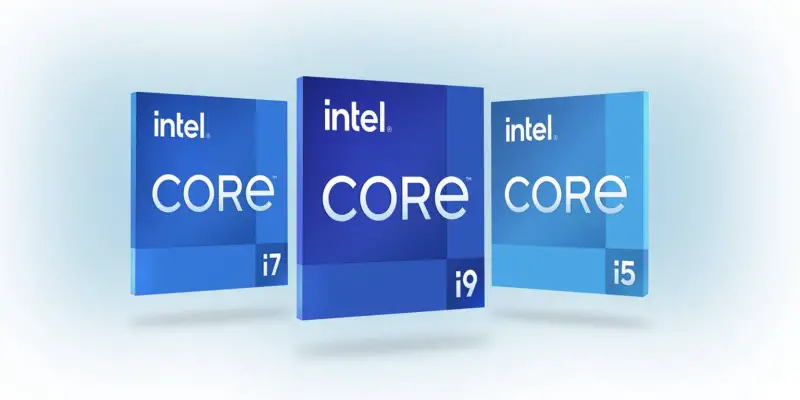As some of you might have heard, PC owners using an Intel 13th and 14th Gen Raptor Lake CPU are encountering issues where they’re seeing an increase in frequency in game crashes. The good news is that Intel has identified the problem and is working on a fix. The bad news is that the company has no plans to recall those faulty CPUs.
For those unfamiliar, the issue seems to stem from faulty CPU microcode. This resulted in the CPU to request for higher voltage levels outside its safety levels. This caused CPUs to undergo degradation which led to crashes. The more it happened, the worse a CPU got, which meant that the frequency in crashes started to get higher.
Like we said, the good news is that Intel is working on a fix that should be released mid-August. However, there is a catch. According to The Verge, what they were told by Intel is that the company will not recall the faulty CPUs. Also, it seems that CPUs that have already been affected by this degradation are irreversible. This means that even with the patch, the damage is done and cannot be reversed.
Instead, the patch will be more useful for those who haven’t encountered the issue. The Verge also asked Intel if they have plans to extend the warranty on 13th and 14th Gen Raptor Lake CPUs but did not get an answer on that. If you are using a PC with an Intel 13th or 14th Gen CPU but haven’t experienced issues yet, Intel suggests that you adhere to Intel Default Settings and ensure your BIOS is up to date. This should either slow or stop the degradation until the update is released.












Comments